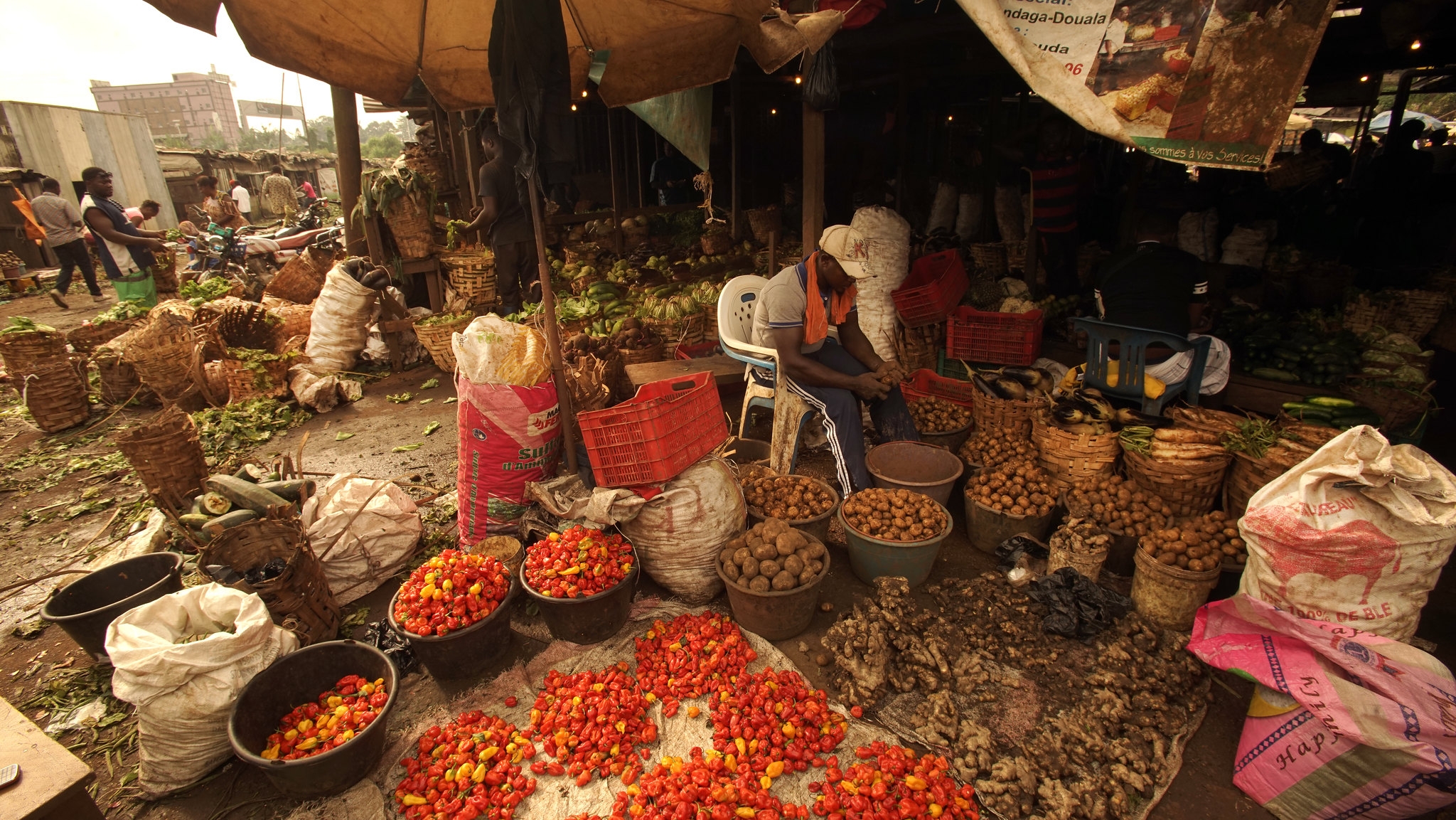
This project will strengthen the capacity in terms of knowledge, expertise, and skills of potato value chain actors in the survey, detection, diagnosis and risk management through a regionally coordinated action. The project will engage stakeholders from the public and private sectors in the potato value chains in designing interventions for phytosanitary security of the Eastern and Southern African (ESA) countries needed to deal with risks from emerging pests of potato and their adverse effects on production, food security and trade.
Phytosanitary risks, including invasive pests, pose a persistent threat to the production and trade of potatoes, a situation further aggravated by globalization and climate change. Potato Cyst Nematode (PCN) is an invasive pest that has so far been formally detected and recorded in just four ESA countries. As a newly introduced pest, there is limited awareness about PCN. The poor understanding, awareness, and capacity to deal with PCN across Eastern and Southern Africa poses a serious threat to production and trade of potato regionally.
Awareness is necessary to alert stakeholders, including regulatory authorities, about the pest. It is possible the pest is present in various countries, but it has not been reported. Similarly, Pectobacterium and Dickeya spp. are key emerging potato pests in Africa, recently detected in several countries. Efficient and cost-effective detection and identification methods are essential, especially for use in seed certification programmes. A systematic regional approach to strengthen capacity of stakeholders in detection and identification of PCN and other emerging pests, protocols for phytosanitary regulatory action and producer practices across public and private sectors is required to address the threat of PCN to production and trade of potatoes.
A better understanding of PCN and other key emerging potato pests among stakeholders in the potato value chain.
Conduct a diagnostic/baseline study (desk review, focus group discussions, key informant interviews) to enable gap analysis for PCN and other emerging pests for each participating country. Prepare and implement the communication plan (media, digital platform, awareness materials, agricultural fairs, national extension programs) on PCN and other emerging pests of potato. Conduct an economic situation analysis to evaluate the impact of PCN and other emerging pests on potato production and trade.
Protocols and guidelines on phytosanitary controls for PCN and other key emerging potato pests, and for seed potato quality assurance systems, domesticated at national, regional, and continental levels.
Using materials previously prepared for other regions, protocols and guidelines will be adapted to local conditions but standardized regionally to enable harmonized implementation and acceptance. The activities here will include: to develop/adapt (translate) protocols and guidelines on phytosanitary controls and quality assurance systems; support adoption of developed protocols and guidelines at the appropriate levels of stakeholder operations; and conduct a pest risk analysis (pathway-initiated basis) workshop for potato value chain researchers, NPPO and industry stakeholders on PCN and emerging pests.
Technical capacity for diagnosis of PCN and key emerging potato pests strengthened.
Follow-up backstopping is envisaged in each country further to initial training to ensure proper understanding and implementation of techniques and tools. Advice on crucial equipment needs will also be provided, as certain pests, such as PCN, require specific equipment for handling and diagnosis. Activities here will include: to validate diagnostic protocols for PCN and other emerging potato pests; conduct focused (sub regional) trainings of technicians, and inspectors, including training of trainers at national, regional, and continental levels; and provide support to laboratories to conduct essential diagnostics.
Pest status of PCN and other key emerging potato pests established.
To enable any program to implement a pest management activity, it is first necessary to establish the pest status in those countries. To verify the presence of PCN in each country, a targeted sampling study will be undertaken. A general assessment will be conducted in one selected country per region. At the same time, a more detailed examination of individual countries will be conducted on a case-by-case basis with separate funds. Activities will include: to conduct surveillance of target pests in priority participating countries; samples will be referred to one central laboratory for testing; and to produce incidence report for target pests of potato.